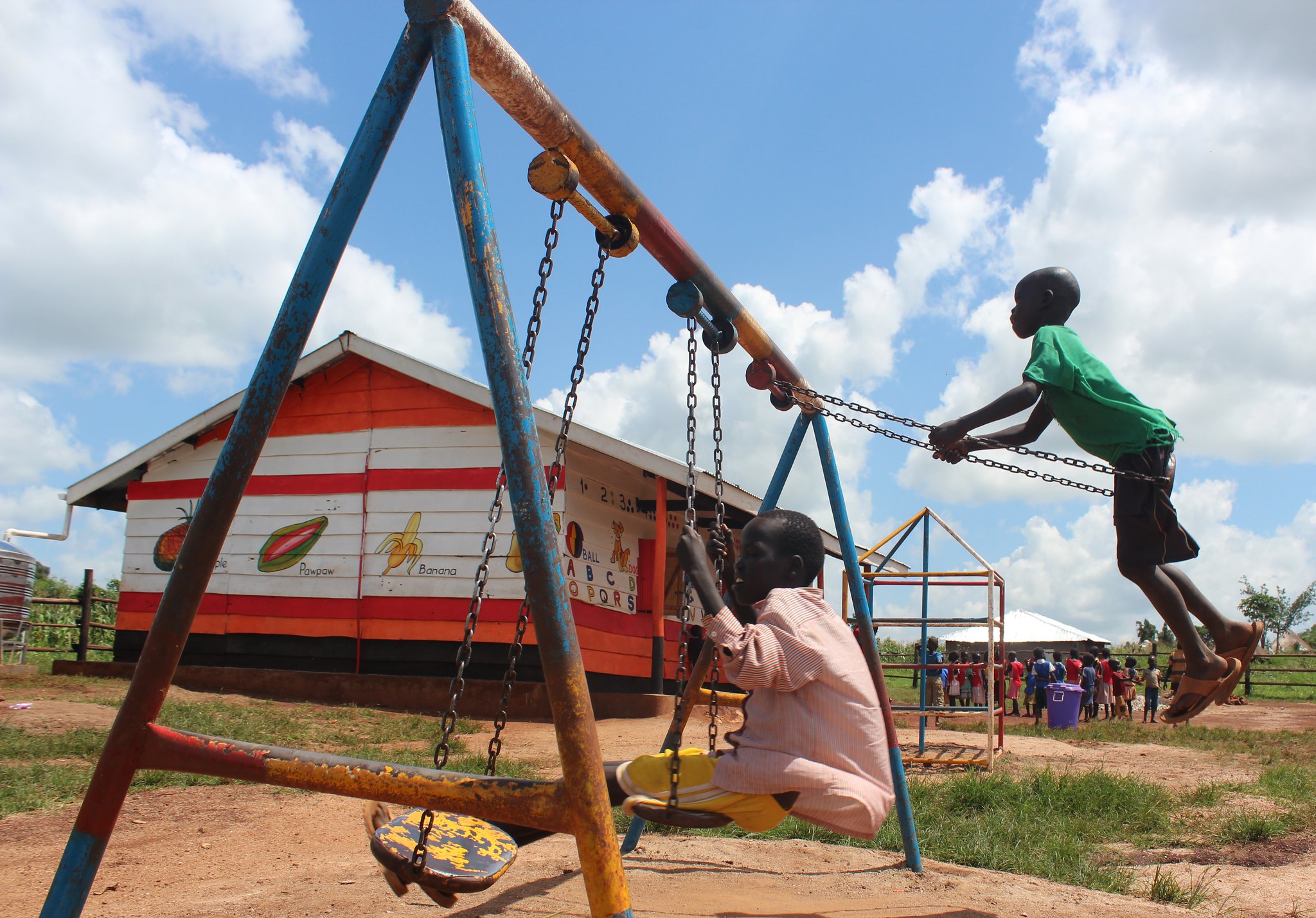
In the context of its extension until 2027, the Global Partnership for Education (GPE) Knowledge and Innovation Exchange (KIX), a joint endeavour with Canada’s International Development Research Centre (IDRC), is offering costed extensions to a selection of current applied research projects. Following a competitive process, the project Integrating Early Childhood Education in Sectoral Planning is one of the selected.
Background
Quality early childhood education (ECE) safeguards children’s development, setting them up for future learning and success. A lack of investment in ECE can drive learning inequality, which may be furthered by other socio-economic and geographic factors. In low- and middle-income countries, constraints often mean that ECE is excluded from education sector planning processes. Prioritising ECE requires a comprehensive approach that will address advocacy, resource distribution and capacity development.
To ensure a widespread commitment to ECE, this project builds on a proven approach that supports early learning and the development of ECE across policy, planning and practice. Developed by UNICEF and a consortium of partners, the Building Early Learning and Development at Scale (BELDS) approach mainstreams ECE into sector plans. Focusing on South Sudan, Sierra Leone, Tajikistan, Lesotho, and the Kyrgyz Republic, this research project has developed an e-toolkit of resources (ECE Accelerator Toolkit) to shape national education sector plans adapted to specific contexts.
Results to date
This project has provided Ministries of Education (MoEs) with resources and information on planning, costing, and implementing ECE programs with metrics to ensure an increase in students participating in quality ECE. The ECE Accelerator Toolkit provides resources and information about implementing ECE at various phases of the education planning process. Alongside these efforts, the project has mobilized substantive knowledge-sharing and collaboration between partner countries to create a global evidence base to be continuously drawn upon. The Liberian government drew on project findings to make major changes to its budget, subsidising US$25 million in ECE registration fees, which ensured access to these programs for all children. South Sudan dedicated a chapter of their education sector planning to ECE subsector plans, using tools from the ECE Accelerator Toolkit. Kyrgyzstan is planning to use the ECE Accelerator toolkit to establish guidelines for monitoring and evaluation of its ECE education system planning. Additionally, Tajikistan has been drawing from the BELDS approach to advocate for the inclusion of ECE in district-level sector plans and budgets.
Upcoming Plans
The extension will address the gaps and potential scaling opportunities that have been revealed. Since financing continues to be a major roadblock for education sector planning in various low- and middle-income countries, there will be a new focus on developing and rolling out a customisable ECE costing and financing tool, designed based on the original project’s insights. The tool will support budgeting, policy prioritisation, and target-setting. In addition, the extension will support the testing of various tools that support advocacy, implementation, monitoring and evaluation that were created during the original project. Within this extension, these will be trialled in implementing countries, with opportunities for further adaptation. Alongside these existing tools, this extension will allow for the development of new tools that specifically support gender-transformative ECE, the inclusion of children with disabilities, and specific support for children in various humanitarian contexts.
Further details on the project and updates can be found here.
